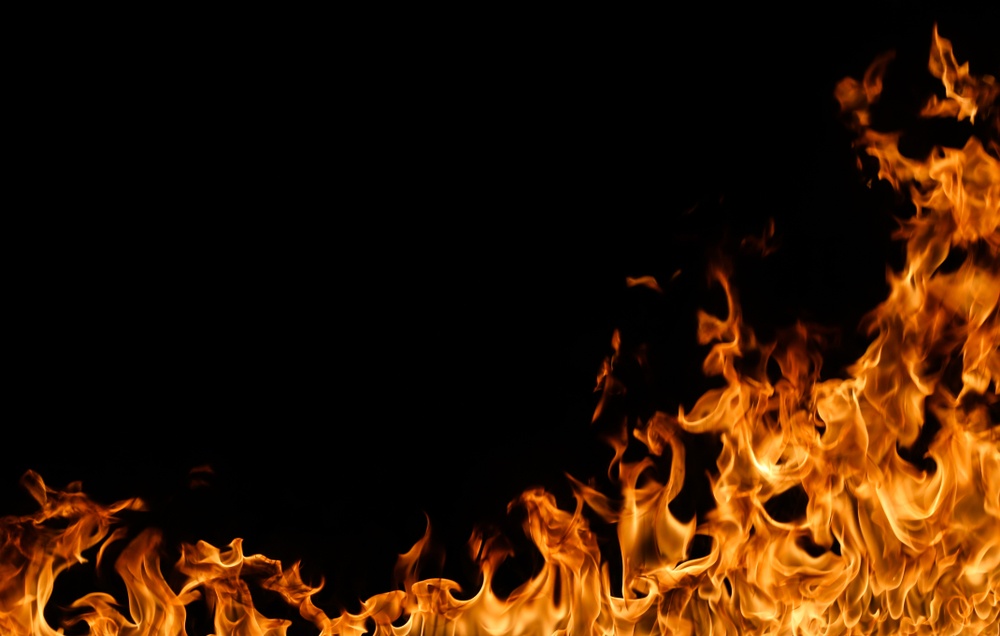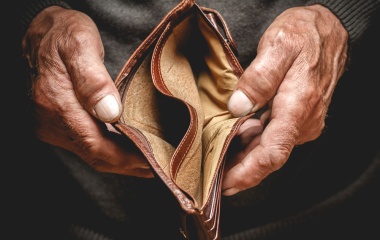
One of the greatest causes of damage to public property is that of fire. Forest fires cause damage to millions of acres of every year and we in Canada were recently witness to the severe damages caused to Fort McMurray by an out of control fire. Thankfully, modern building and firefighting techniques have greatly reduced "residential" fire damage and injury. Yet in rural areas the risks of fire damage are much greater.
Sadly most fire damage is a result of negligence and it is not surprising that damages one causes by fire are one of the four primary categories of damages the Torah specifies. Left unchecked a mere cigarette butt can and has caused hundreds of millions of dollars or more in damages. Yet the halacha limits the liability to the to the "foreseeable" damages of the fire - the definition of which is the subject of Mishnaic debate - such that if a fire crossed a body of water or possibly even a fence one's liability would end there. As to the rest of the damage it would fall under the category of being "exempt in the law of man but liable in the laws of heaven" a category that would seem to be even more severe than the monetary restitution a court would impose.
Even when the damage is near and expected and even when it is not an accident but an act of deliberate vandalism the Sages debate the extent of one's liability. One may be having a BBQ in one's backyard and sparks fly onto neighbouring land causing the destruction of the crops. All agree that one must pay for the value of the crops. What complicates the situation is when buried in the field the neighbour has hidden some valuables, say thousands of dollars in cash, which go up in smoke. Rav Yehuda argues that damage is damage and one must pay for all damages, hidden or not. The Sages disagree arguing that one pays only for "normal" damages and since it is not common to hide valuables in the field one would pay only for the crops themselves.
However the Sages would agree that if one burns down the house of another he must pay for the "chattels" inside the house and people do not live in a house with four walls only.
The Gemara notes that the Sages exempt the one causing the fire only if one lights a fire in his field and the fire spreads to another's but should one light the fire in his neighbours property then the Sages would agree that one is liable for hidden damages. Yet even in this case the Sages limit the liability to things normally hidden in fields such as farm equipment. Rabbi Yehuda would of course require payment for anything and everything hidden in the field.
The above holds true if the fire is due to an accident or even negligence. However, if one actually purposely damages something - say in an act or road rage - then all agree the perpetrator must pay for all damages caused even if one was unaware of exactly what one was damaging.
"Rava said:If a man gives a gold dinar to a woman and says to her, 'Be careful with it, as it is a silver coin[1]', if she [purposely] damaged it she would have to pay for a gold dinar because he could say to her: 'What business had you to damage it?'" (Bava Kamma 62a)
This is a fascinating but very understandable case. It is sometimes better not to know the value of something (at least up to a point), less pressure and maybe less chance of damages. Or one may not want to let others know the extent of their wealth.
"But if she was [merely] careless with it, she would have to pay only for a silver dinar, as she could say to him: 'It was only silver that I undertook to take care of, but I never undertook to take care of gold.'"
One does not quite watch something that is silver the same way that one would watch gold and thus one's responsibility is less. But purposely damage someone's property and the sky is the limit to what it may cost you.
[1] I recall hearing a story many years ago of someone who asked someone to take a cake to Israel - a nice treat for a hungry yeshiva student. What they did not tell them was that hidden in the cake were some valuables they were smuggling to Israel. When the cake got ruined the "smugglers" threw it out and bought another cake making the cake owner very, very upset. Even had they eaten the cake themselves throwing out some (important) leftovers they would be exempt from "damages" caused. One does not reward sinners.


